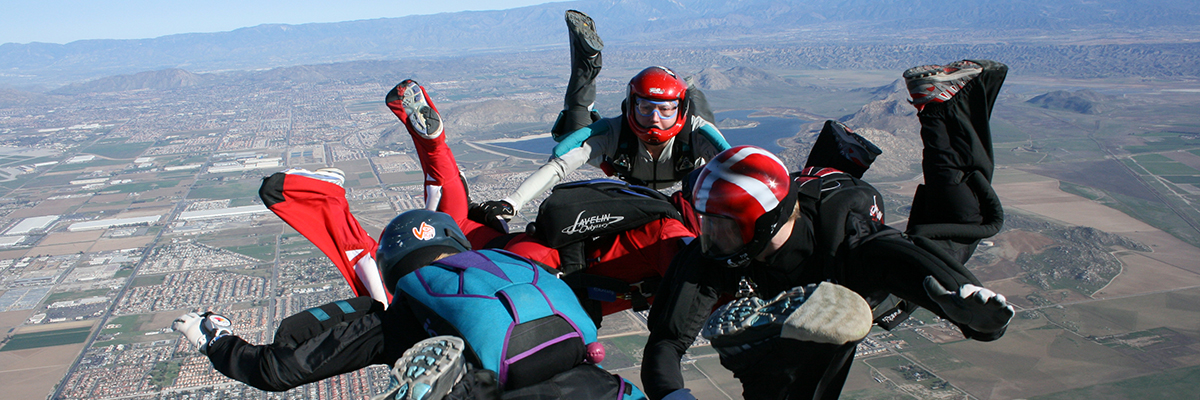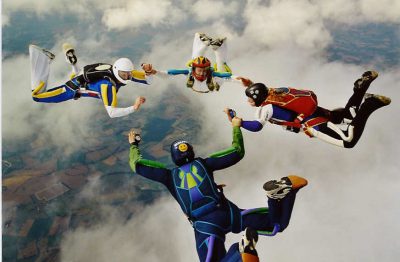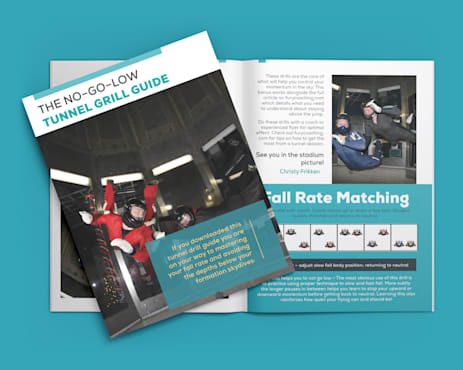What to do when it all goes wrong mid-season
Thursday, August 1, 2019

I suspect that it is no coincidence that two formations in the dive pool are named Murphy. Anyone who has been around a while knows that very few teams escape Murphy’s law completely unscathed. The best teams power through and make the best of bum situations. This article explains a few of the steps and ideas you can take to minimize the impact of some bad luck.
Reasons it went south
Each strike of ill fortune seems unique to every team. Injuries are probably the most common cause, but personal life disasters, loss of income, or just outright flakiness can become the obstacle. Whatever your situation is, here are a few ways of handling the remaining season.
Rescheduling
If your obstacle happens early enough and it looks like it will be solved before your big meet, the first move should be to see if you can reschedule your training. Difficult to do for busy adults, but not impossible if you are determined. Add a day to an existing camp, juggle around some commitments.

Tunnel
Tunnels have popped up virtually everywhere and have different requirements. If a member can’t jump because of an injury sometimes they can do tunnel before they can safely jump. The tunnel can be easier to schedule since it can be done at night and in shorter time periods.
An example of this was Perris Kiss. We couldn’t jump due to illness, but we could hop into the tunnel. It ended up making our 3-day camp just as productive if we had been jumping (as a bonus, it rained the whole time anyhow!).

Alternates
For a big stretch consider finding a suitable alternate can work great. It keeps the team fresh and improving. Remember that your alternate should be a couple of points faster than your current average in order to maintain the status quo and keep the team improving.
When Chris Farina was hurt on Perris Fury, we agreed we didn’t want to wait two months without jumping while he healed. We grabbed Dan BC and some other talented locals to keep us warmed up for his return. It worked, he came back and we hit practice without skipping a beat.
Replacement
If the disaster scenario looks like it will last most or all the season, the team needs to consider replacing members. This is often emotionally difficult because nobody wants to leave a teammate behind, but if it is holding the team back from their goals it is often the right answer.
Perris Dauntless in 2016 had a bad accident with one of the members early in what looked like a strong season. After it became apparent that recovery wasn’t likely until the very last bit before US Nationals, the team searched for and found a great replacement to carry on.

Reduction
If the team can’t find a suitable replacement and can’t reschedule, the team can obviously reduce the scope of their training. Something is better than nothing, just make sure to adjust your goals to keep them realistic with the new situation.
Disbandment
The worst case scenario is every person for themselves. If no solution can be reached, interested teammates can try to form something different or get on another team (somebody is always looking for alternates or replacements!). If it must happen, the remaining members can make the most of it by developing their own skills in the tunnel or finding a pick-up team for the meet.
Teams face obstacles. The ones that power through and make the most of their situation fare much better in the long run.
No team but love competition? Check out the next Tunnel League for a fast-paced individual FS competition.



